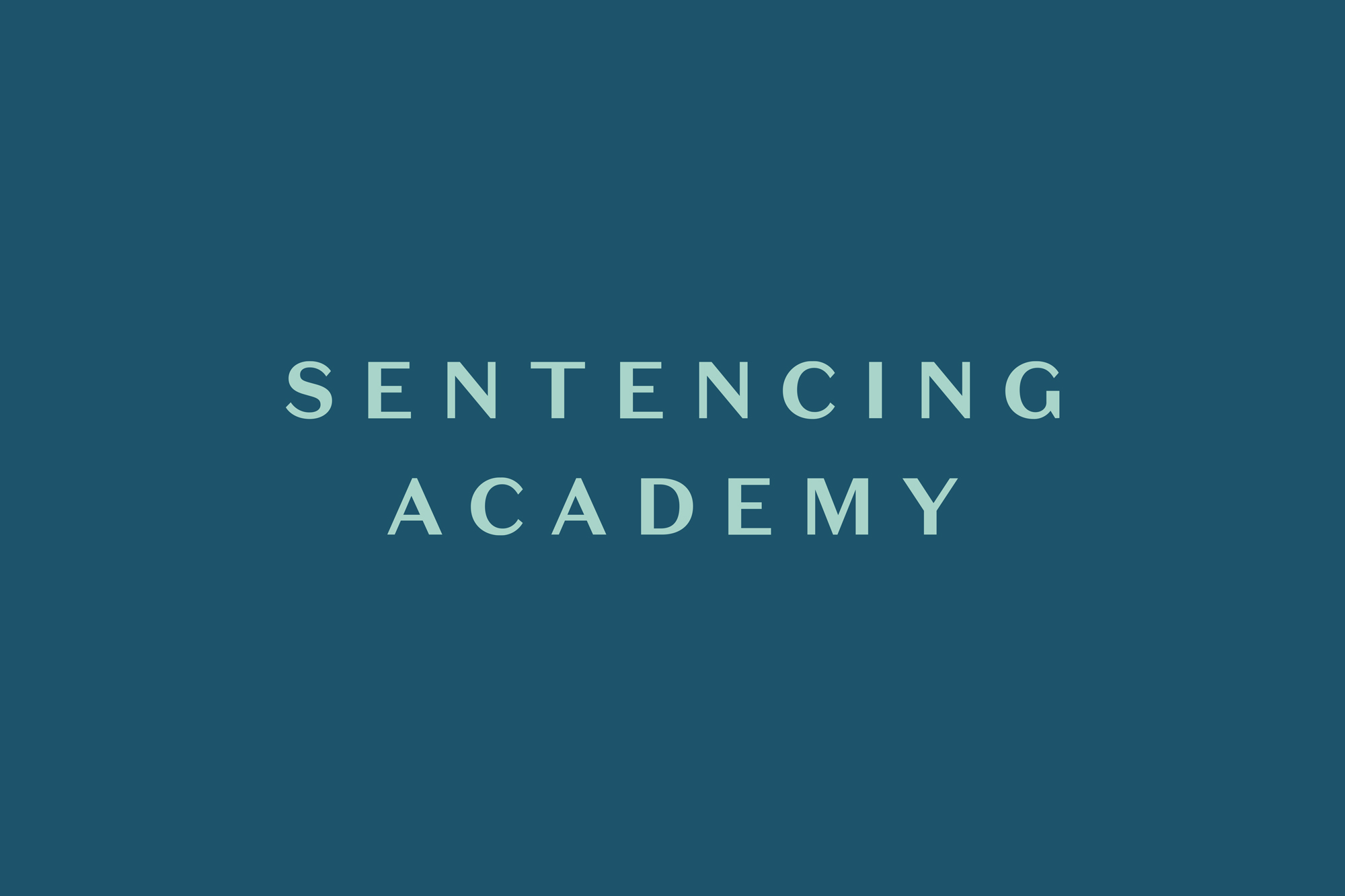A Legislative Presumption Against the Use of Short Prison Sentences
In its response to the Gauke Sentencing Review, the government has indicated its intention to introduce a legislative restraint on courts’ discretion to impose a short prison sentence. Related restrictions on the use of custody exist in other jurisdictions such as Scotland and New South Wales (see Appendix). The Gauke Review did not identify the […]
A (Re)View of the Future? What sentencing policy will look like after Gauke
By Ellie Cumbo Last week, the Independent Sentencing Review published its interim report. Although its scope is limited to just the first of seven themes that were set out in last year’s Call for Evidence, this encompasses the recent history of sentencing, including the key drivers of change during that time, and whether or not […]
Disproportionality in sentencing for Black, Asian and minority ethnic defendants
By Sarah Sawyerr JP In a truly fair and democratic society, its justice system should treat everyone equally under the law. When those laws are broken and an individual comes before the criminal justice system, our metaphorical scales which represent impartiality and the obligation of the law, through its representatives, must weigh the evidence equally […]
Roundtable on Children’s Knowledge and Opinion of Sentencing and Public Knowledge and Opinion of Imprisonment
The Sentencing Academy held a roundtable to launch two groundbreaking reports on public opinion and sentencing at City Law School on 16 September 2024. Professor Peter Hungerford-Welch, one of our trustees, hosted the event and we would like to express our gratitude to Peter and City Law School. Professor Kathryn Hollingsworth, University of Sheffield, started […]
Sentencing the Rioters

With the first offenders involved in the recent riots across England being sentenced to immediate custodial sentences, courts have now begun to develop the sentencing response to the disturbances. Sentences of up to three years’ imprisonment have already been imposed and we would expect many more similarly substantial custodial sentences as those involved come before […]
The Criminal Justice Act 2003 (Requisite and Minimum Custodial Periods) Order 2024

The Criminal Justice Act 2003 (Requisite and Minimum Custodial Periods) Order 2024 will be debated in the House of Commons on Thursday. This draft Statutory Instrument (SI) proposes a reduction in the proportion of most Standard Determinate Sentences (SDS) to be served in custody from 50% to 40%. The accompanying Impact Assessment paints an alarming […]
The Techno-Judiciary: Sentencing in the Age of Artificial Intelligence

By Harry Grindle In the era of artificial-intelligence (AI), algorithmic technologies are everywhere. AI’s emergence into the field of law has been rapid and there is no doubt that machine learning algorithms have begun to influence sentencing decisions in England and Wales. Computer assisted sentencing is already in the courtroom, offering informational aids to assist […]
Seeing and Treating Neurodiverse Individuals in the Criminal Justice System

Gavin Dingwall, Head of Policy and Communications, represented the Sentencing Academy in a panel discussion with Professor Penney Lewis, the Law Commissioner, and Lauren Costello, Deputy Chief Prosecutor in the Northeast of England, at an international symposium on ‘Seeing and Treating Neurodiverse Individuals in the Criminal Justice System’ held on 14 March and hosted by […]
Mental Health and Sentencing Seminar

The Sentencing Academy was pleased to collaborate with the University of York to hold a ‘Mental Health and Sentencing’ event on 6 March 2024. Addressing the theme of the day, there were three speakers covering different areas of the mental health and sentencing field, followed by an insight Q&A session chaired by Professor Adam Crawford, […]
How distinctive is Scotland’s new approach to sentencing guidelines?

By Dr Jay Gormley and Professor Julian V. Roberts The new causing death by driving offences guideline is the first offence-specific guidance issued by the Scottish Sentencing Council. It is certainly a distinctive moment for the UK jurisdiction, which has its own unique criminal justice system and legal and cultural history. But how unique […]
Criminal Justice Bill and Sentencing Bill

Two pieces of legislation currently going through Parliament will make changes to sentencing practice and procedure in England and Wales: the Criminal Justice Bill and the Sentencing Bill. Proposed changes include the creation of a new offence of failing to attend a sentencing hearing, a presumption against the imposition of immediate custodial sentences of 12 […]
Restorative Justice Week 2023

Restorative justice can be delivered at any stage of the criminal justice process including being part of any sentencing disposal. Indeed, when we look at the statutory purposes of sentencing and the goals of restorative justice we can easily identify common aims, particularly around making reparation and reducing reoffending. It can be used in sentencing […]




